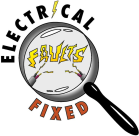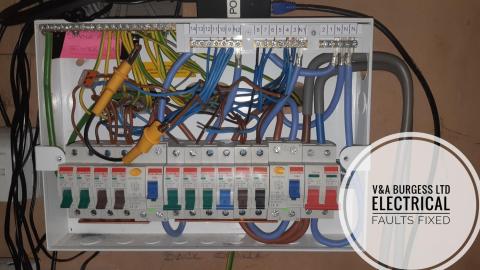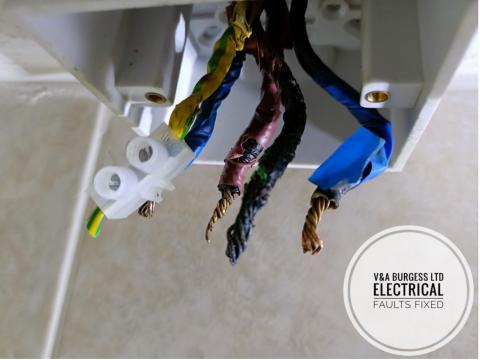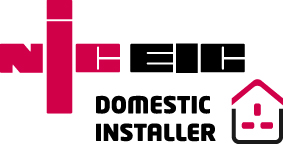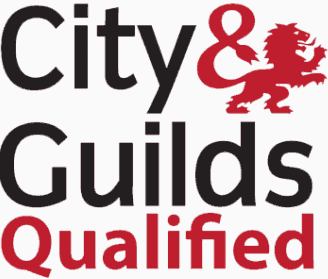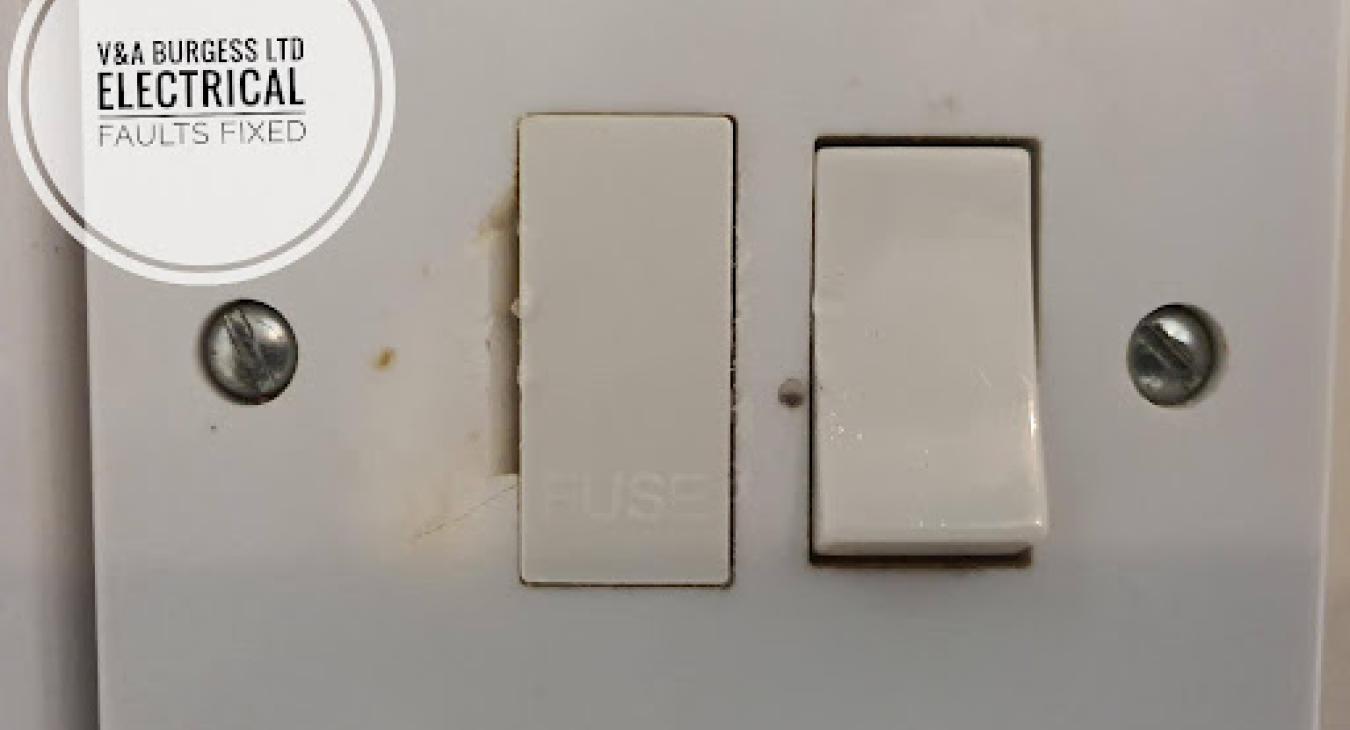
Table of Contents
- What is a fuse connection unit?
- What is a fuse connection unit used for?🤔
- When should a fuse connection unit not be used?
- What are the different types of fuse connection unit?🔎
- What are the common problems with fuse connection units?
- What are the pros and cons of using a fuse connection unit?
- How should the cables be connected in a fuse connection unit?
- What is the cost of a fuse connection unit?💷
1) What is a fuse connection unit?
A fuse connection unit (FCU) is a small electrical accessory occupying a 1-gang space that contains a fuse of variable rating. The fuse can be altered depending upon the use of the FCU. The fuse size should generally only be altered by an electrician as once installed with an intended fuse it may be possible to overload cables if the fuse size / amperage is increased. The unit can be fixed to a metal back box, a surface mounted box or a plasterboard wall box. There must be adequate room for connections behind and the manufacturer’s instructions for depth of box should be checked before installation.
Back to top2) What is a fuse connection unit used for?🤔
These small units are used for a variety of purposes.
- To provide an electrical supply to a fixed appliance such as a boiler or fan
- To provide a convenient shut off for a hidden socket such as behind a washing machine
- To provide overload protection for an extended circuit such as a small conservatory or shed
- To fuse a larger circuit down to supply a lighting circuit for example
3) When should a fuse connection unit not be used?
These units are not a substitute for proper circuit design and they should not be used to supply continuous electrical loads above the safe continuous rating for the fuse installed. Such unsuitable loads could be things like:
- Anything above 10 Amps continuous for a 13-amp fuse connection unit
- Immersion tanks or electric boilers
- Circuit additions where the expected use may lead to overloading e.g., conservatory electric heaters
- Where a new circuit would be more appropriate to install
4) What are the different types of fuse connection unit?🔎
There are a few different types and each has a purpose and best use. There is the Switched connection unit which is to enable the user to turn the electrical load on and off easily. These types come with or without a flex outlet. The flex outlet is a front exit point for flexible cables to enable power to boilers and other appliances without the need to bury the cable in the wall or fabric of the building. The other without the flex outlet is more generally used when burying cables into the walls such as an additional number of sockets being added to an existing circuit. Of course, other factors need to be considered when extending circuits. The Unswitched connection unit is typically used when switching off the supply would be undesirable. These are often used for home intruder alarm systems, CCTV systems and other instances where switching off the power would be inconvenient or mean leaving a property unsecured. These are also available with and without a flex outlet. Finally, each of these varieties is available to purchase with or without a little neon indicator. The neon indicator illuminates when the load is being supplied and turns off when there is no power to the load.
Back to top5) What are the common problems with fuse connection units?
There are some problems with a fuse connection unit that typically relate to design and use issues. These units are often installed when there is a greater demand for load than they can comfortably supply. When this happens, they typically suffer burnt connections, overheating and fuses blowing. Poorly designed units can have weak fuse trays making it difficult to swap a fuse or can result in a broken fuse tray. Some brands can suffer from neon flicker which can be irritating to some people. Some terminals and screw designs can mean threaded screws and easy-to-crack terminal housings.
Back to top6) What are the pros and cons of using a fuse connection unit?
6.1) Pros✔️
- Easy, cheap way of powering appliances and circuits that are suitable
- Easy to replace a fuse when necessary
- Can electrical isolate appliances or parts of the wiring easily
- Come in a variety of finishes and colours to fit in with existing wiring accessories
- Can be the best way to extend wiring in some circumstances saving money
6.2) Cons✖️
- Can easily be overloaded and burn out
- Cables are often installed poorly resulting in problems
- Limit the available power to anything connected
- Sometimes require a deeper electrical box than is available meaning extra work
- Not recommended for many applications
7) How should the cables be connected in a fuse connection unit?
When solid cables are connected into the back of a connection unit, the manufacturer’s instructions should always be followed first and foremost. Solid cables should be inserted and torqued correctly with no copper showing outside of the wiring terminals. Stranded flexible cables should be installed in a manner that means the wires do not become “chewed up” with installation. A ferrule crimping tool should be used along with bootlace ferrules to create a solid wire that is able to be ‘screw-terminated’ safely without chewing. Chewed up wires are incredibly common with fused connection units and regularly lead to shorting out, burning out and tripping breakers along with surrounding cable damage. If a ferrule crimping tools is not available then the flex should be suitable thick to avoid damage and installed in a manner such that the terminal screw does not ‘chew up’ the fine strands.
Back to top8) What is the cost of a fuse connection unit?💷
The cost of the actual electrical accessory varies between brands and wholesalers but at the time of writing (11/2023), the absolute CHEAPEST FUSE CONNECTION UNIT I can find in the UK is:
£1.69 for an unswitched white unit here: https://www.bes.co.uk/1-gang-unswitched-spur-box-10957/
The cheapest switched unit I can find is £1.84 for a switched unit here: https://allaboutelectrics.co.uk/products/newlec-nl8313s-connection-unit-fused-switched-square-edge-13a-white
Some of these prices may be clearance prices so I would advise checking there is still stock available before ordering. If shopping around for the absolute cheapest products make sure to check that the products are manufactured to the relevant standards and are suitable for use in the UK. 😊
📞 01925 595 980 (Warrington)
📞 0151 351 4011 (Liverpool)
📧 Enquire online
💻 Visit our website
Back to top